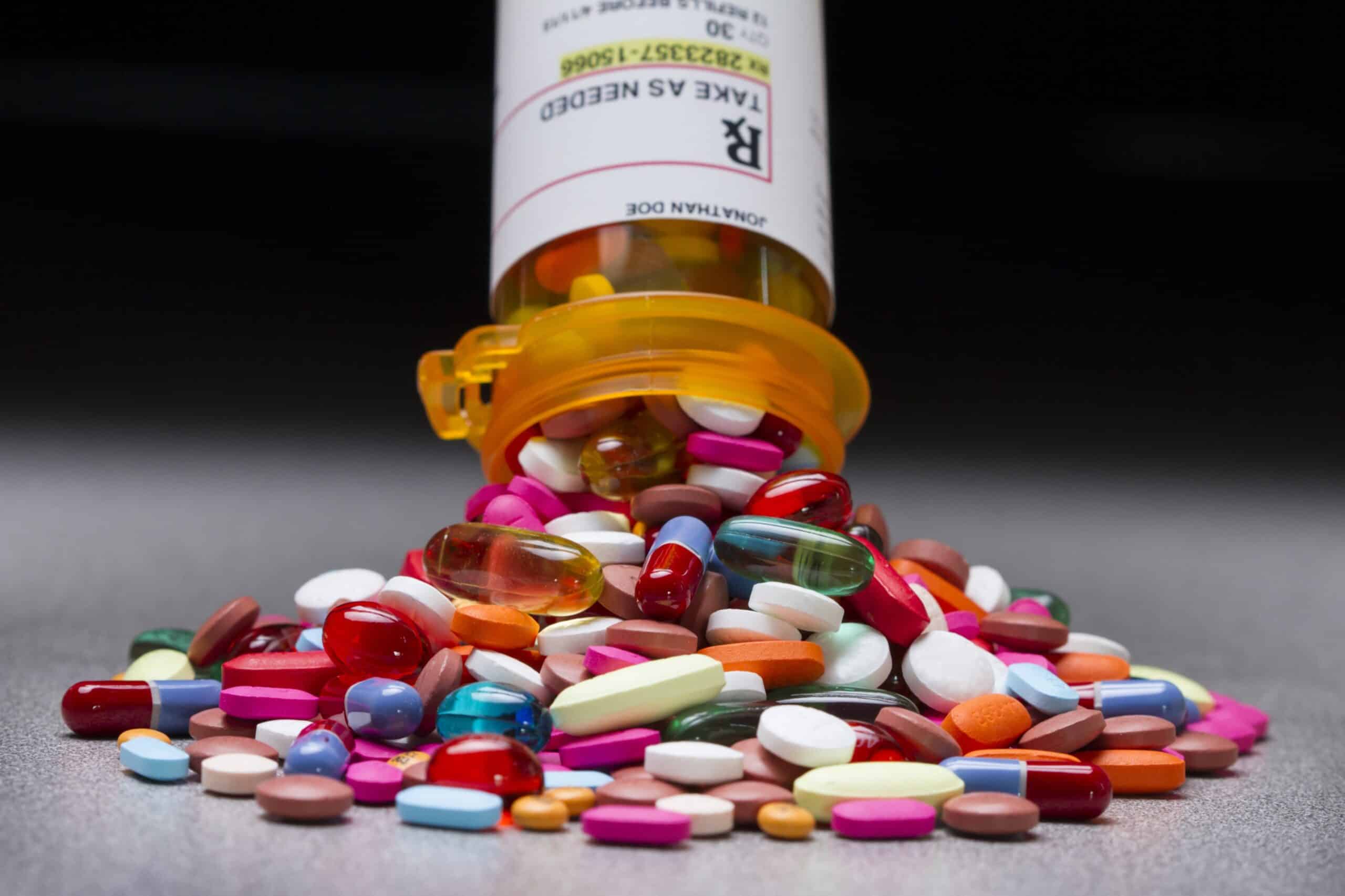This has led, in part, to the belief that there is a pill or potion for everything. That is where things can get dangerous. Every pill has potentially both positive and negative effects. There can be serious side effects, some sudden, some more gradual over time. Some are obvious, others silent. Allergic reactions can occur. Each of us can respond differently to the same exact medication and dose, something we are just learning more about and often tied to your unique genetic makeup and microbiome. If you are taking more than one medication, there can be drug interactions, which means they might not get along well once both are in your system. They can interfere with each other’s effectiveness or together create new medical problems for you. It is even possible that you could be given the wrong medication or wrong dosage. In fact, More than 1 million reports of drug side effects were filed with the FDA Drug Database in 2015, a fivefold increase since 2004.
A recent study revealed that as many as 1 in 4 patients experience problems from prescription medications and that 13 percent of these side effects are of a serious nature. Even proper use of medications has resulted in undesired effects. As important as antibiotics are as a lifesaver, indiscriminate use has resulted in resistant strains of bacteria that continue to challenge us.
Also, we have a major problem in our nation with the use and overuse of pain medications particularly opioids. Addiction and its toll, including overdose and death have become all too commonplace. I believe this problem goes way beyond the need to control and manage pain. We seem to be a drugged nation, more so than I can recall in my lifetime, and I grew up in the ‘60s! It may seem counter-intuitive, but narcotic pain meds do not solve pain (especially chronic pain conditions). After a while, the pain is still there, and now there’s a second, more serious problem: addiction. And longer-term use of narcotics actually interferes with your body’s ability to interpret pain signals and to manage the pain. The pain signals get amplified, and you are less capable of dealing with it. This results in the need for more medication, at higher doses, increasing the risk of overdose and death. This scenario is happening every day in our nation, and not only to what you might think as “drug addicts.” It’s happening to doctors, mothers, the elderly, and even kids. All preventable.
We have the safest and best quality healthcare in the world, but even with that, mistakes can occur. Things will improve dramatically as healthcare catches up with other industries in terms of computer integration of services, including iPads or similar devices in every exam room linked through wireless networks to your electronic health record (EHR) as well as your hospital and pharmacy. Wired healthcare is hopefully just around the corner (although I remain deeply disappointed in the current state of EHR). Also we are learning more and more about each individuals’ unique response to illness, treatment and especially medications, something fueling the relatively new discipline of personalized medicine. All of this eventually will lead to a safer, more effective health care system.
Until then, take these steps to assure your safety when taking any medications:
- Talk to your pharmacist. They have a wealth of information for you. There is a lower risk of serious complications when you ask your pharmacist’s advice regarding your medications. This is sometimes a challenge. They are often overworked, so avoid the rush hour between 3 and 6 PM.
- Try to stick with one pharmacy or one computerized pharmacy chain so that they are familiar with you and all of your medications.
- Ask you doctor to review all your medications for possible drug interactions and also about potential side effects of any new medications.
- Keep an updated list of your medications including over the counter medications, supplements, and vitamins. Include any known medication allergies. Share this list with all your doctors at each visit. Be sure YOUR EHR is up to date as they have been known to retain old outdated information.
- Never self-medicate or take a friend’s prescription medicine. This happens more than you would believe.
- Be extremely careful with the use of opioids and other drugs that are addicting. They should be used sparingly and only very short-term for acute (not chronic) pain only.
- The elderly are especially prone to medication related problems so keep tabs on your loved ones that may need help in this regard.
- If you are in the hospital ask the nurse questions about any medication you are about to receive and have them double-check your name bracelet.
Checkout www.usp.org for helpful patient safety information from The US Pharmacopeia.
Remember, medications help many more people then they harm and reducing medication related problems is everybody’s responsibility ― physicians, pharmacists, pharmaceutical industry, nurses and patients. Do your share.
Take a careful inventory of your personal medicine cabinet and along with your physician, find out what is really essential for your health and what can be safely tossed away.
Need help with substance abuse or mental health issues? In the U.S., call 800-662-HELP (4357) for the SAMHSA National Helpline.




